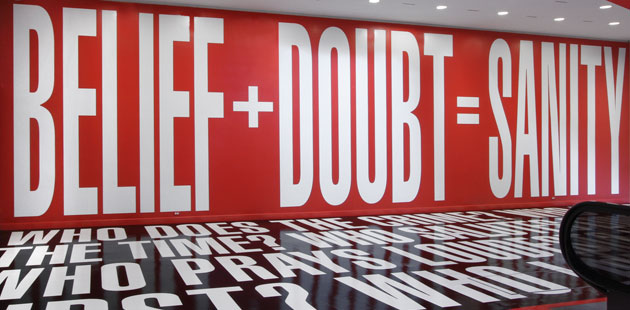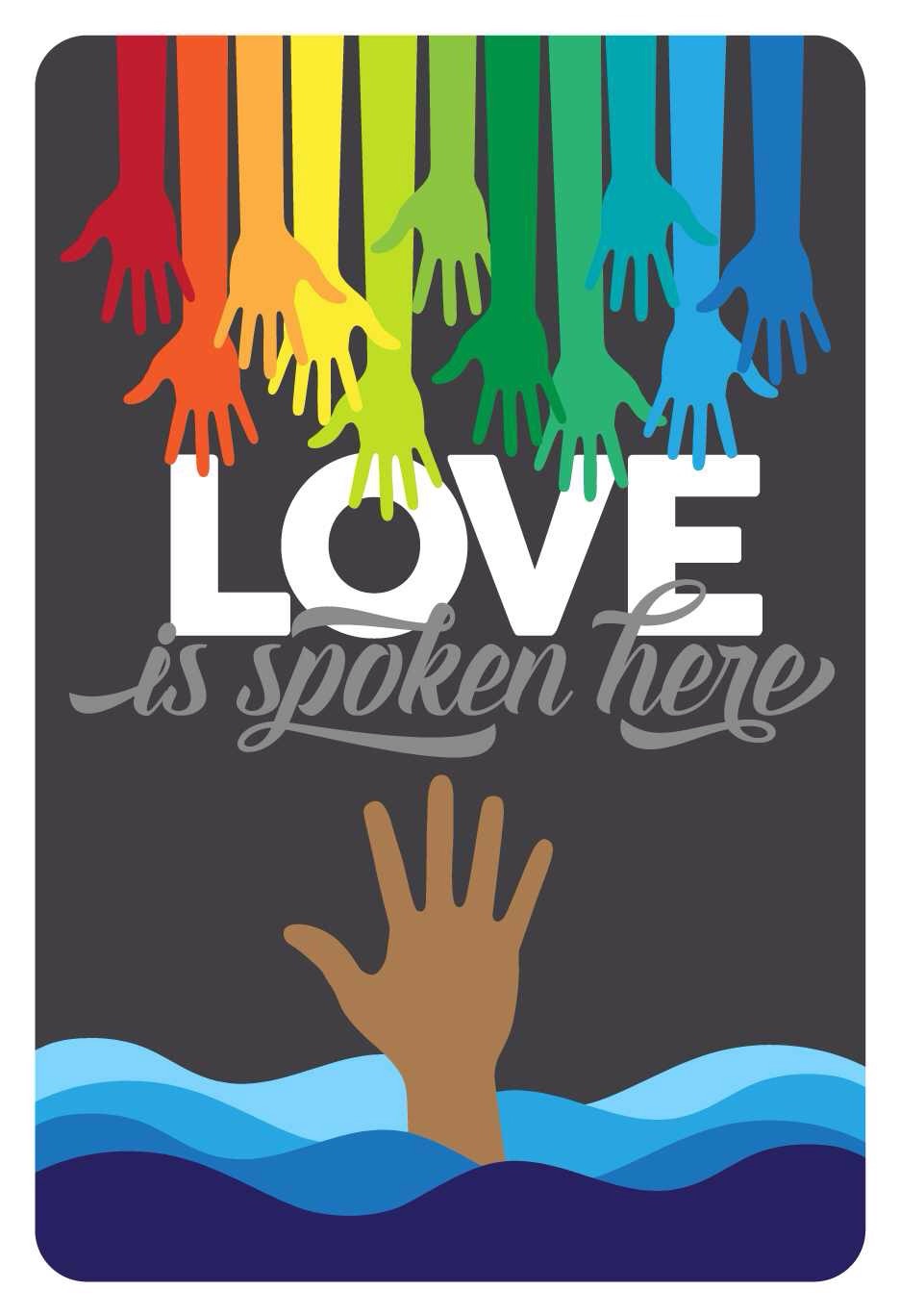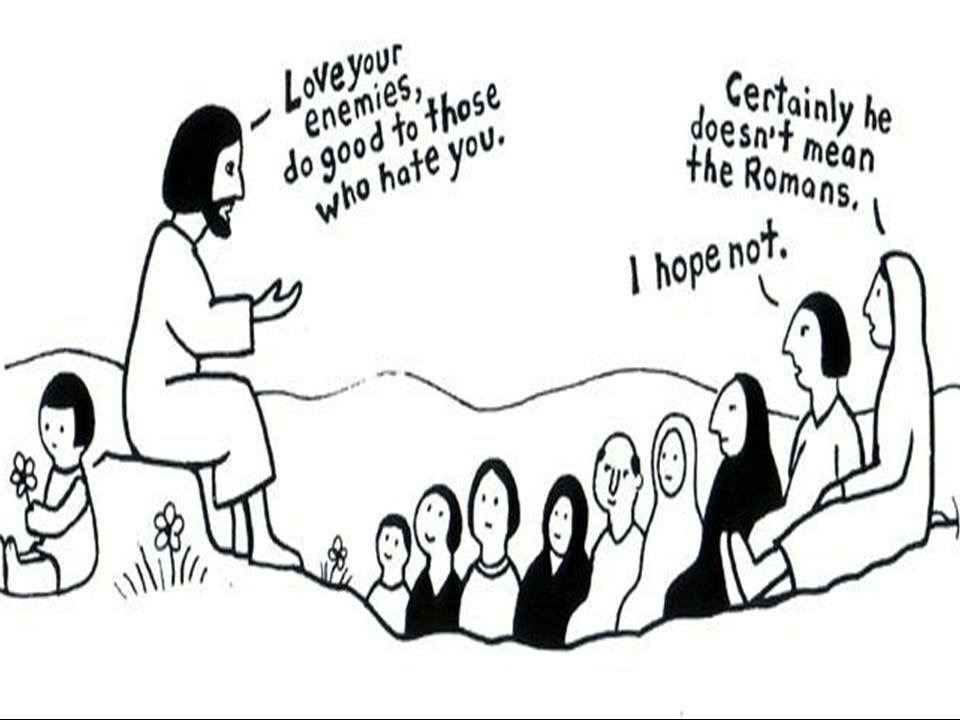
While on my mission several years ago, my mission president let me borrow Elder Jeffrey R. Holland's book "
Christ and the New Covenant: The Messianic Message of the Book of Mormon". It was a autographed copy, as my mission president was Elder Holland's brother-in-law. I quickly realized I needed to have a copy of my own. The entire book is a classic, but particularly in the final chapter, Elder Holland bears powerful witness of the Book of Mormon. In light of a recent conversation with several critics, I decided to type out a significant portion of that witness and post it here. It's definitely worth reading:
"In my lifetime I have had a thousand spiritual witnesses—ten thousand of them?—that Jesus is the Christ, the Everlasting Son of the Everlasting God. In that lifetime I have also learned that the gospel of Jesus Christ, once lost to mankind through apostasy, has been restored to the earth and is found in its fullness in The Church of Jesus Christ of Latter-day Saints. This is the one church on the face of the earth that Christ himself has restored, authorized, and empowered to act in his name. With a commission that could not have been imagined in the days of my youth, I myself am now called as a witness of these facts, a special witness ‘of the name of Christ in all the world.’
"In that role as witness I wish to declare that the spiritual experiences and holy affirmations I have had regarding the Savior and his restored church
first came to me as a young man when I read the Book of Mormon. It was while reading this sacred record that I felt—again and again—the undeniable whispering of the Holy Ghost declaring to my soul the truthfulness of its message. To those first convictions have been added, one way or another, all of the other quickening moments and sanctifying manifestations that now give meaning to my days and purpose to my life.
"I know with undeniable, unshakable certainty that the Book of Mormon is a record of ancient origin, written by Israelites called of God to do so, protected and delivered by the angels of heaven and translated in our time by a modern prophet, seer, and revelator, Joseph Smith, Jr. I know that he translated it as he said he did—‘by the gift and power of God’—for such a book could not have been translated any other way.
"No other book has so affected my view of God and man, my view of mortality and eternity. No other book has stirred within me so many emotions. No other book has had such an impact upon my personal, family, educational, professional, and now apostolic life. Because I know that the Book of Mormon is a true witness—another testament and a new covenant—that Jesus is the Christ, I know that Joseph Smith was and is a prophet of God. As my great-great-great grandfather said of his own conversion in the earliest days of the Restoration, ‘No wicked man could write such a book as this; and no good man would write it, unless it were true and he were commanded of God to do so.’ That is emphatically my own assertion more than a century and a half later. And this magnificent book was translated when Joseph Smith was barely a boy, a lad still coming of age. To paraphrase Winston Churchill, ‘Some boy. Some book.’…
"I am suggesting that one has to take something of a do-or-die stand regarding the restoration of the gospel of Jesus Christ and the divine origins of the Book of Mormon. Reason and righteousness require it. Joseph Smith must be accepted either as a prophet of God or else as a charlatan of the first order, but no one should tolerate any ludicrous, even laughable middle ground about the wonderful contours of a young boy’s imagination or his remarkable facility for turning a literary phrase. That is an unacceptable position to take—morally, literarily, historically, or theologically.
"As the word of God has always been—and I testify again that is purely and precisely what the Book of Mormon is—this record is ‘quick and powerful, sharper than a two-edged sword, to the dividing asunder of both joints and marrow’. The Book of Mormon is that quick and is that powerful. And it certainly is that sharp. Nothing in our history or our message cuts to the chase faster than our uncompromising declaration that Joseph Smith saw the Father and the Son and that the Book of Mormon is the word of God. A recent critic said that our account of and devotion to the Book of Mormon and, by implication, Joseph Smith’s role in producing it, is ‘the most cherished and unique Mormon belief’. I could not agree more, so long as we are allowed to maintain that is so because
the Book of Mormon affirms our yet higher and more sublime belief that Jesus is the Christ, the Son of the Living God, the Savior and Redeemer of the world."Consider the withering examination the Book of Mormon and its admittedly extraordinary claims have withstood. Has anyone presently reading these words ever tried to write anything of spiritual, redeeming, genuinely inspiring substance? With university degrees and libraries and computers and research assistants and decades of time, have you ever tried to write anything that anyone could read without tedium or apathy? And if one could produce even a few such inspiring pages, would that slim volume be anything anyone would want to read more than once, to say nothing of scores of times—marking it and pondering it, cross-referencing and quoting it, taking thousands of public sermons and a heart full of personal solace from it? Would it be good enough for people to weep over, to say it changed their lives, or saved their lives, or became something they were willing to give up fortune and future for—and then did just that?
"What if your literary piece created enemies for you? What if it were left in the public arena, open to the criticism of your most hostile and learned opponents, for more than 150 years? What if it were pulled apart and minutely examined and held up to the light of history, literature, anthropology, and religion with no other purpose than to discredit it and denounce you? Could what you have written be
that good? Would you still be willing to say that it was an inspired piece of wok, let alone hold to your assertion that it was divinely revealed and that its contents were
eternally important—that in a very real sense the whole future of the world was linked to your little volume? By this time would either you or your piece still be standing? Would anyone still be reading it?
"If Joseph Smith did not translate the Book of Mormon as a work of ancient origin, then I would move heaven and earth to meet the ‘real’ nineteenth-century author. After one hundred and fifty years, no one can come up with a credible alternative candidate, but if the book were false, surely there must be someone willing to step forward—if no one else, at least the descendents of the ‘real’ author—claiming credit for such a remarkable document and all that has transpired in its wake. After all, a writer that can move millions can make millions. Shouldn’t someone have come forth then or now to cashier the whole phenomenon?
"And what of the witnesses, the three and the eight, who forever affixed their signatures to the introductory pages of the Book of Mormon declaring they had, respectively, seen an angel and handled the plates of gold? Each of the three and several of eight had difficulty with the institutional Church during their lifetimes, including years of severe disaffection from Joseph Smith personally. Nevertheless, none of them—even in hours of emotional extremity or days of public pressure—ever disavowed his testimony of the divinity of the Book of Mormon.
"Late in his life David Whitmer said ‘as sure as there is a God in heaven,’ he had indeed seen the angel Moroni and did know the Book of Mormon was true. Fifty years after the experience, he could still readily identify the month, the year, even the time of day (“It was approximately 11 A.M.,” he said) when the angel appeared in ‘a dazzingly brilliant light’ and brought ‘a sensation of joy absolutely indescribable’.
"Martin Harris was asked in the last year of his life if he ‘believed the Book of Mormon was true.’ He answered ‘No,’ then reassured his initially surprised interrogator that he ‘knew’ the book was true, which was greater than belief. ‘I know what I know. I have seen what I have seen, and I have heard what I have heard,’ he said. ‘I saw the angel and the plates from which the Book of Mormon was translated and heard the voice of God declare it was translated correctly.’
"Oliver Cowdery, who served as scribe as well as witness in this remarkable translation process and whose unique role in the early years of the Church is all the more poignant in light of his later fall from such sacred and significant responsibilities, said (while excommunicated from the Church), ‘I wrote with my own pen the entire Book of Mormon (save a few pages) as it fell from the lips of the Prophet, as he translated it by the gift and power of God…I beheld with my eyes, and handled with my hands, the gold plates from which it was translated…That book is true.’ Thirty-seven years after Oliver called his family to his deathbed to yet once more bear his testimony of the Book of Mormon, his wife Elizabeth wrote, ‘From the hour when the glorious vision of the Holy Messenger revealed to mortal eyes the hidden prophecies which God had promised his faithful followers should come forth in due time, until the moment when he passed away from the earth, he always without one doubt or shadow of turning affirmed the divinity and truth of the Book of Mormon.’
"No other origin for the Book of Mormon has ever come to light because no other account than the one Joseph Smith and these witnesses gave can truthfully be given. There is no other clandestine ‘author,’ no elusive ghostwriter still waiting in the wings after a century and a half for the chance to stride forward and startle the religious world. Indeed,
that any writer—Joseph Smith or anyone else—could create the Book of Mormon out of whole cloth would be an infinitely greater miracle than that young Joseph translated it from an ancient record by ‘the gift and power of God.’ "On occasion this young prophet dictated his translation at white-hot speed, turning out as many as ten present-day pages in a sitting and ultimately producing the whole manuscript in something less than ninety working days. Those who have ever translated
any text will understand what this means, especially when remembering it took fifty English scholars seven years (using generally superb and readily available translations for a starting point) to produce the King James Bible at the rate of one page per day.
"It is not insignificant that Joseph Smith did virtually all of this work in the midst of seemingly endless distractions and in the face of sometimes open hostility. Nevertheless, following those breaks in the translation effort he apparently never looked at the previously dictated material nor had any portion of it read back to him for context or continuity. Furthermore, he was never known to have consulted any reference book of any kind during the whole of the translation experience…
"I have read a reasonable number of books in my life, and I hope to read many more. I am not steeped in scholarship, but I can recognize profundity in print, especially when I see it page after page.
In a lifetime of reading, the Book of Mormon stands preeminent in my intellectual and spiritual life, the classic of all classics, a reaffirmation of the Holy Bible, a voice from the dust, a witness for Christ, the word of the Lord unto salvation. I testify of that as surely as if I had, with the Three Witnesses, seen the angel Moroni or, with the Three and the Eight Witnesses, seen and handled the plates of gold.
"The Book of Mormon is the sacred expression of Christ’s great last covenant with mankind. It is a new covenant, a new testament from the New World to the entire world. Reading it was the beginning of my light. It was the source of my first spiritual certainly that God lives, that he is my Heavenly Father, and that a plan of happiness was outlined in eternity for me. It led me to love the Holy Bible and the rest of the Standard Works of the Church. It taught me to love the Lord Jesus Christ, to glimpse his merciful compassion, and to consider the grace and grandeur of his atoning sacrifice for my sins and the sins of all men, women, and children from Adam to the end of time. The light I walk by is his light. His mercy and magnificence lead me in my witness of him to the world.
"As
Mormon said to Moroni in one of their most demanding times, so I say to the family of mankind, who must prepare for the coming of our King of Kings: ‘Be faithful in Christ; and may…[he] lift thee up…May his sufferings and death, and the showing his body unto our fathers, and his mercy and longsuffering, and the hope of his glory and of eternal life, rest in your mind forever. And may the grace of God the Father, whose throne is high in the heavens, and our Lord Jesus Christ, who sitteth on the right hand of his power…be, and abide with you forever.’”
















